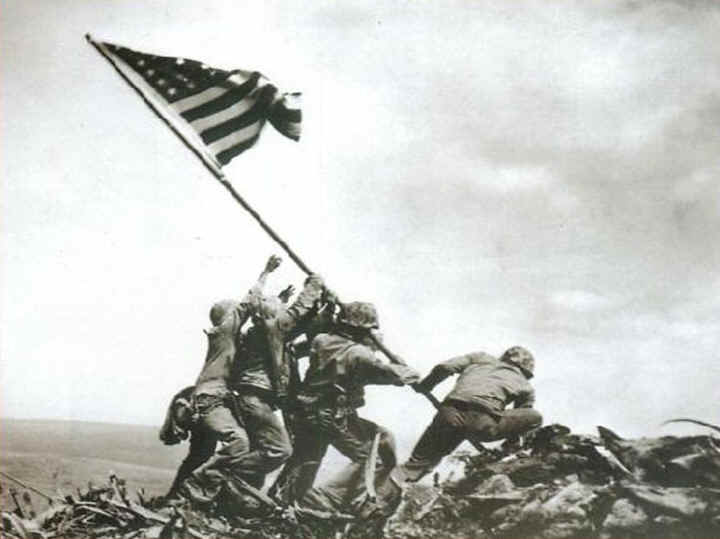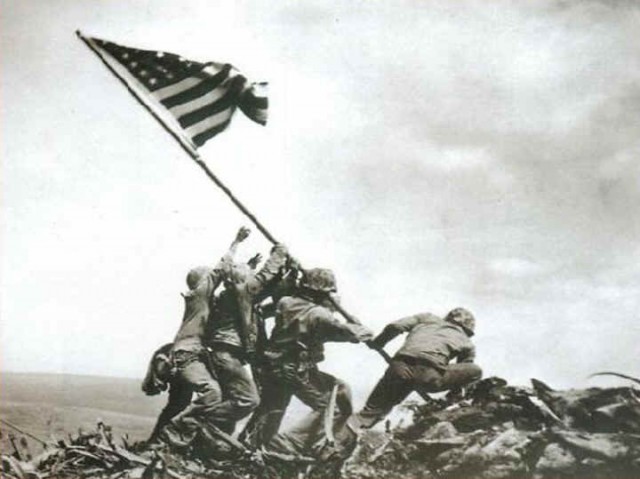He did not think much about what to do, he didn’t spend any time thinking whether that soldier had a family, a name or a town; he just reached into his pocket and took out his diary, before moving onto the next dead body on the beach. He never thought that was the moment that would change his entire life, he didn’t think that 40 years later he would be taking this war souvenirs to the surviving relatives of those who owned this objects and died for their country during the war.
Marty Connor, who is now 85 years old and who lives in New York, said that soldiers sometimes had pictures of their families inside their helmets, so he would just take them and put them in his pack, the CNN Edition reports.
At the end of the 36-day battle on the Iwo Jima Island in the Pacific, Connor’s collection included several Japanese bayonets, pay records and family pictures. To go on the front line and pick up objects belonging to dead enemy soldiers, was a common thing to do during the Second World War. After the war, when Connor arrived home, he put all his souvenirs in a trunk and almost never thought about them again, except for one time, about 25 years after the war, when he received a phone call.
On the phone he found out that some of the Marines were gathering to celebrate the 25th anniversary of their landing. He was also asked to go and he thought it would be nice if he would.
Marty Connor went back to Iwo Jima in 1970. He and some other United States Marines found themselves on top of Mount Suribachi, shacking hands with the Japanese vets they fought against some 25 years back.
All the souvenirs Connor took from the front, were left at home in his trunk, while one of his fellow Marines brought his back to Iwo Jima, to return them to the owners’ families. Connor felt emotional after watching the scene and after being told about the deep significance these souvenirs have for the families of dead soldiers, by a Buddhist monk, Tsunezo Wachi.
When Connor returned home, he opened the trunk for the first time since he came back from the war. “I sent back whatever I had, and in most instances, [Wachi] found the families within two weeks after he received whatever I sent,” he said.
//

